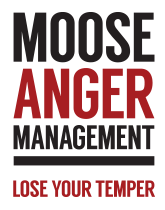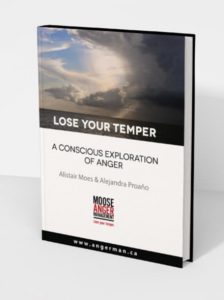Trauma happens to us all in one way or another. Unfortunately, trauma often occurs when we are younger, when we have neither the power to fight nor flee. When overpowered, we can’t run away and don’t have the size, strength, or personal ability to take a stand. To a kid, caregivers, adults, and older kids seem like giants at that time. Trauma stays stuck in our body, in our nervous system, our head and heart. Moving it through us to return to a healthy, less reactive nervous system is the goal of trauma counselling.
Sometimes, adults can experience trauma when they go through tough situations like natural disasters, money problems, relationship issues, death, serious sickness or injury, or unexpected events such as car accidents. Trauma can also occur at work, particularly for those who work in stressful environments. When something happens that greatly affects our lives and we have no control over it, we can be left feeling traumatized. Here are some signs that trauma is negatively affecting your life.
- Over-reacting
- Under-reacting
- Feeling numb at times
- Overwhelm
- Overly emotional
- Frozen – stuck.
- Panic attacks
- Anxiety attacks
- Being easily startled or frightened.
- Always being on guard for danger, tension in your body.
- Self-destructive behaviour, such as drinking too much or driving too fast.
- Trouble sleeping.
- Trouble concentrating.
- Irritability, angry outbursts or aggressive behaviour.
- Overwhelming guilt or shame.
Our counsellors are trained in trauma-informed counselling. They know a lot about how trauma can affect your body, thoughts, and feelings. Sometimes, people feel bad and avoid their trauma symptoms because they’re ashamed, scared, embarrassed, or just uncomfortable. We will work with you at a pace that feels safe for you. When people work with their trauma, they can become less reactive and more in control. This can help them have healthier relationships with others and better boundaries for themselves.




